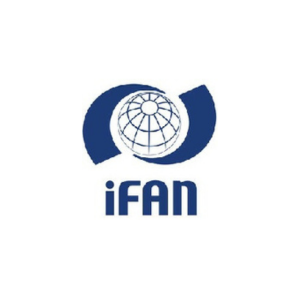The 2025 IFAN International Standards Users Survey is an updated view of how organizations access and use standards, the challenges they are facing, and the elements on which organizations developing standards should focus to support them and deliver tangible value. With a record 861 responses across sectors and geographies, the results of the 2025 IFAN Survey confirm that quality and safety remain the primary drivers of the adoption of standards, while regulatory compliance and supplier requirements continue to justify their day-to-day usage with innovation increasingly recognized, especially when product development, R&D and design are viewed together.
The respondent base is dominated by SMEs and European organizations, and most purchasing remains centralized through quality and standards functions. Regionally, Europe shows strong reliance on national standards bodies while North America uses aggregators slightly more. Digital usage of standards continues to be driven by static PDFs, with limited uptake of machine-readable formats and only a modest interest in subscription services. At the same time, users mention an overwhelming need for availability in multiple languages.
Across all regions and company sizes, standards users report persistent friction in relation to copyright and licensing, limited support for standards management, inertia around the integration of content with requirements and supply chain systems, and a clear desire for legal clarity that would enable safe hyperlinking and content reuse in digital workflows.
Barriers are intensifying where it matters most. Cost remains the single largest obstacle to adoption and use of standards, followed by complexity and the needs for training, while DRM, copyright restrictions and fragmented licensing are widely cited as operational constraints. Standards management capabilities inside organizations have progressed only marginally since 2023, with many lacking structured approaches.
The awareness of SMART standards is slowly rising, but their real deployment is rare, preparedness is low, with uncertainty about applicability widespread. The willingness to pay for enhanced functionality remains limited: only a small minority is ready to pay more, a large majority of users being unsure of the value, and nearly a third is opposed. Overall, improvements will have to demonstrate a clear business impact and tangible benefits.
Finally, participation in the development of standards has fallen significantly from 2023, with fewer than two in five organizations engaging and nearly half not participating at all. The main reasons are resource constraints, limited awareness of how to engage, and unclear business value.
In this context, IFAN’s urgent recommendations to standards bodies are pragmatic: simplify copyright and licensing and enable content integration; develop and execute targeted strategies for SMEs; actively support users’ participation in standards development; adapt business models to today’s operational realities; and include users—practically and demonstrably—in the digital transition. Together, these actions will address the most frequent and consequential pain points observed in 2025 and draw a path to the broader access, higher impact, and more inclusive standards.
If you would like a copy of the IFAN International Standards Users Survey 2025, please send your request to ifan@ifan.org.




